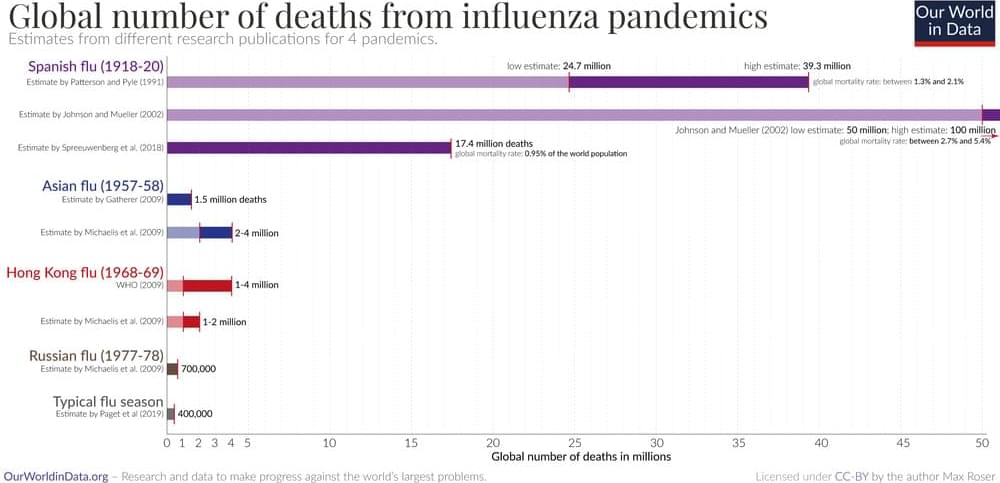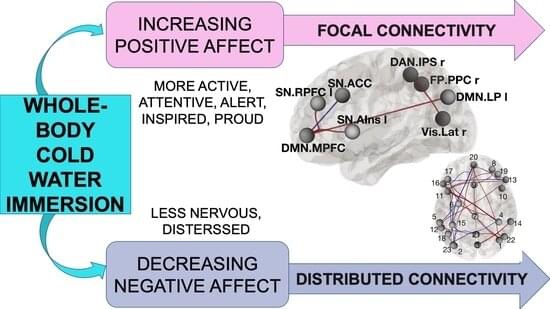Feb 9, 2023
A CEO who sold his company for $800 million has helped build 4 $1 billion companies — here’s why he thinks investors should get in early on one of tech’s unsexy, neglected markets
Posted by Brent Ellman in categories: biotech/medical, life extension
Bryan Johnson is 45 years old but, according to a new report, his test results show he has the heart of a 37-year-old and the lungs of a young adult.
Johnson is a biotech entrepreneur who hopes to game nature’s course of aging and have the organs and health of an 18-year-old by going through an intense data-driven experimental program he’s called Project Blueprint.
According to a recent Bloomberg profile of the CEO, Johnson could spend up to $2 million on his body this year and there are early glimpses that show he may be on track to unlocking the secret to age reversal.


















